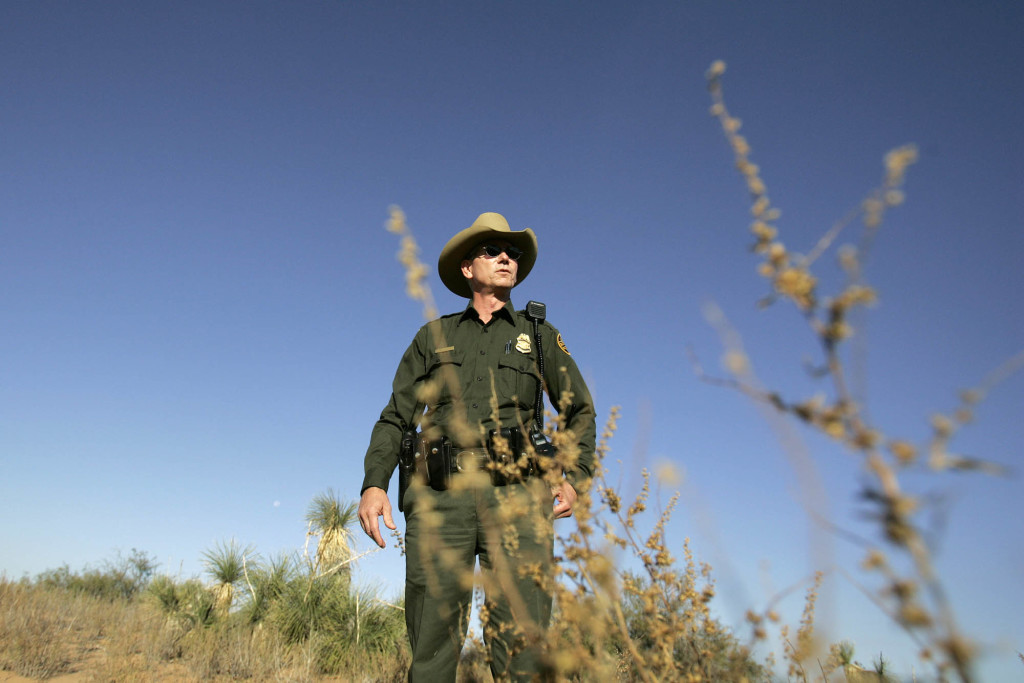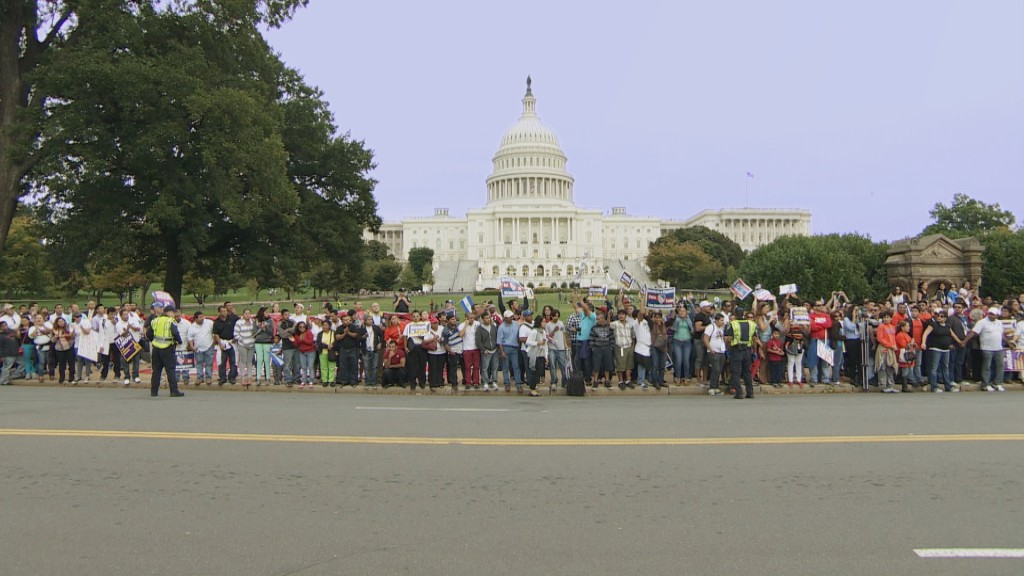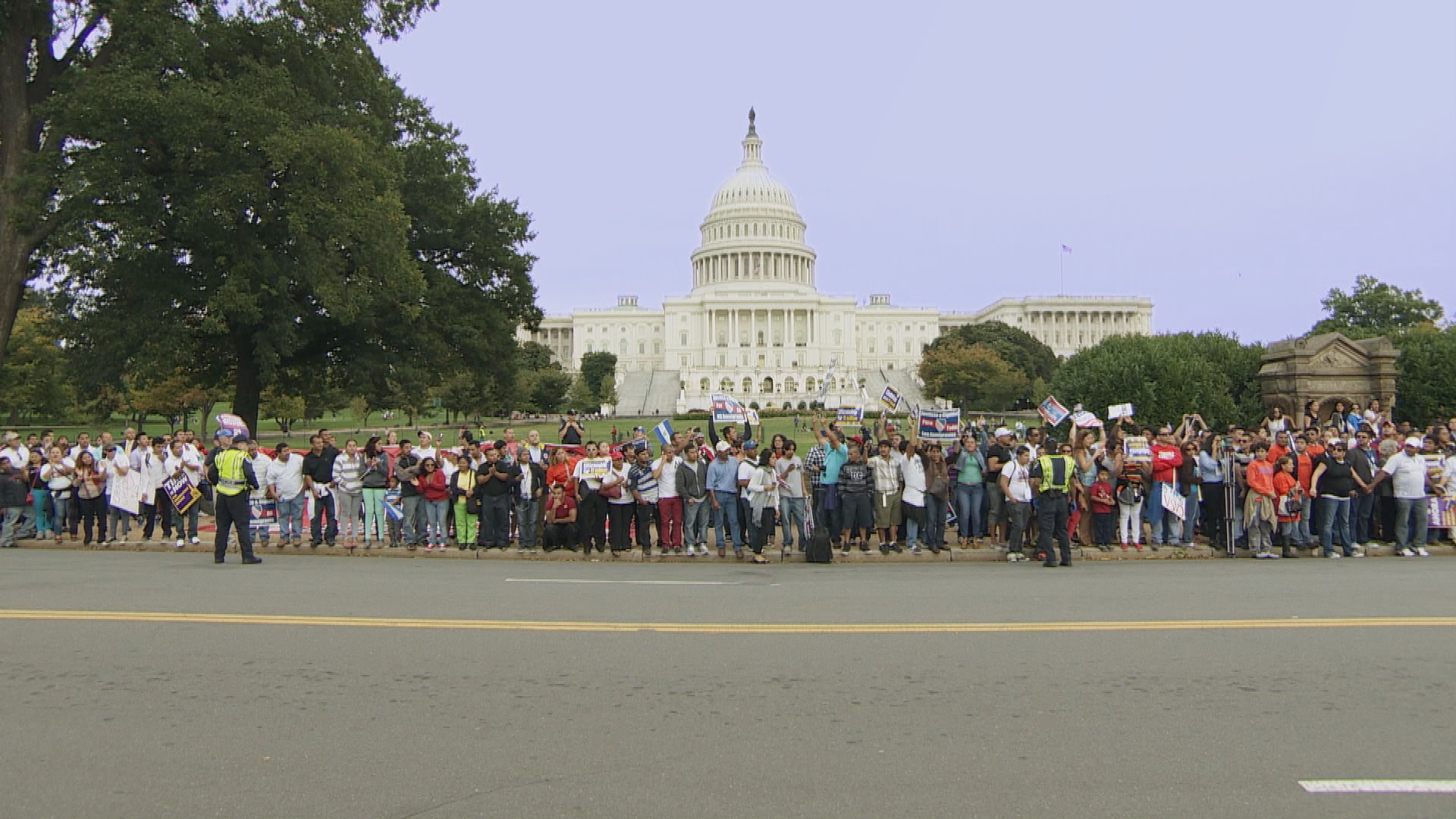Amid Criticism, Border Patrol to Change Use-of-Force Policy

September 25, 2013
Share
Customs and Border Protection said today it plans to restructure its basic-training program and adjust its use-of-force policy in the wake of broad criticism of how its agents deal with civilians.
The policy came under scrutiny after 19 reported deaths in 2012 at the hands of Border Patrol agents. No agents have been prosecuted for the killings, leading several members of Congress to demand an investigation, which resulted in a report, released last week by the Department of Homeland Security’s inspector general.
But the reforms outlined in that report were heavily redacted, as FRONTLINE reported last week.
The Border Patrol has also conducted two internal reviews that it has so far declined to release.
On Wednesday, Customs and Border Protection said the three reports made “more than 90 recommendations,” and that the agency “agreed with the spirit and concerns” in those recommendations and was “taking steps” to implement them.
Among the major changes is updating the agency’s Use of Force Policy Handbook, which was standardized in 2010, but has been under review for the past year. In its release on Wednesday, Border Patrol said that agents and officers “shall use only the force that is objectively reasonable to affect an arrest, while protecting the life of the agent, officer, or others.” It added: “Excessive force is strictly prohibited.”
Deadly force is only permittable when there is “reasonable belief that the subject “poses an imminent danger of death or serious physical injury” to them or another person, under the new policy.
The agency said it is working to overhaul its basic-training curriculum to help agents better deal with potentially dangerous situations, including adding several days of scenario-based use of force training. It’s building new training venues with mock border fences, and considering simulating real-life scenarios to challenge recruits.
Customs and Border Protection also said that it will begin a pilot program that uses video cameras mounted in patrol cars and or on agents’ lapels, a reform advocated by the ACLU to reduce the use of force, but one that would also protect agents from false allegations. A 2012 study of Rialto, Calif. police officers by the Police Foundation, a research group, documented twice as many incidents of use of force when officers weren’t wearing cameras.
For the past year, Customs and Border Protection has been involved in a working group with the ACLU to discuss reforms. Vicki Gaubeca, director of the Regional Center for Border Rights at the ACLU in New Mexico, has said the meetings represent some movement. But she said the reforms released today overlook accountability for agents who abuse the use-of-force policy, which she said was a major “missing piece.”
“Without a commitment to end the culture of impunity at CBP, the agency’s good first steps will lead nowhere,” she said in a statement.
The ACLU has released its own set of recommendations, which include full reporting on deaths of people in custody and clear guidelines on investigating incidents where force is used, and if necessary, taking corrective action. It plans to submit them to the White House, Customs and Border Protection and its parent department, Homeland Security.

Related Documentaries
Latest Documentaries
Related Stories
Related Stories
Explore
Policies
Teacher Center
Funding for FRONTLINE is provided through the support of PBS viewers and by the Corporation for Public Broadcasting, with major support from Ford Foundation. Additional funding is provided the Abrams Foundation, Park Foundation, John D. and Catherine T. MacArthur Foundation, Heising-Simons Foundation, and the FRONTLINE Trust, with major support from Jon and Jo Ann Hagler on behalf of the Jon L. Hagler Foundation, and additional support from Koo and Patricia Yuen. FRONTLINE is a registered trademark of WGBH Educational Foundation. Web Site Copyright ©1995-2025 WGBH Educational Foundation. PBS is a 501(c)(3) not-for-profit organization.





















